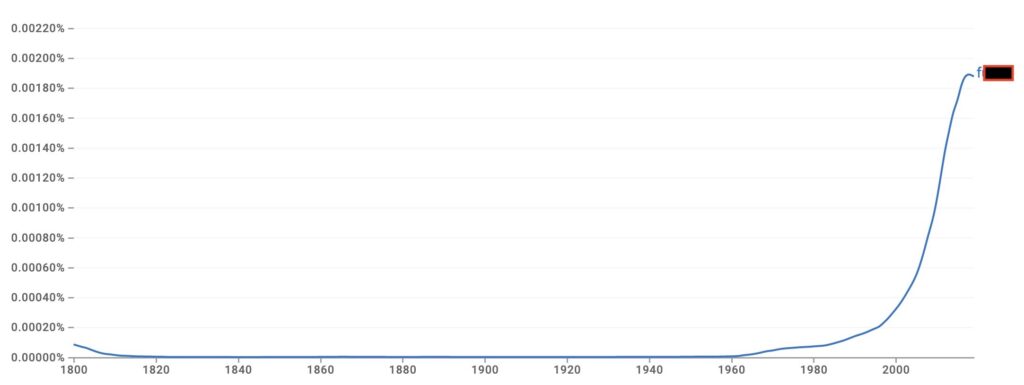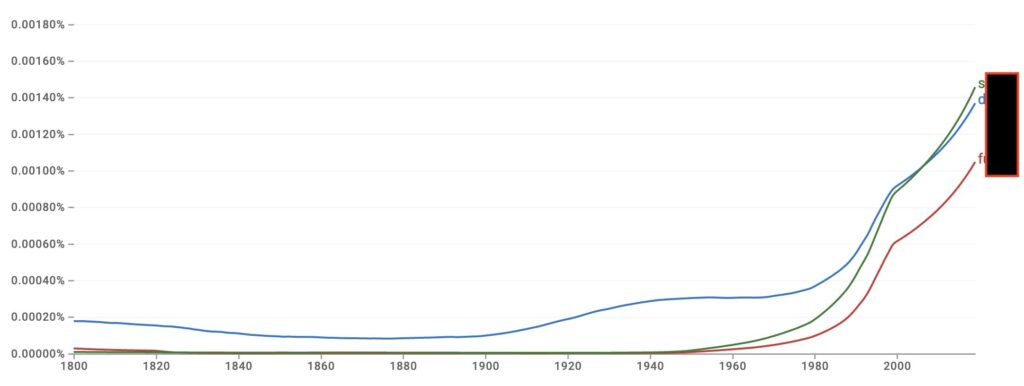I should make clear right away that this is a decision on specific facts by an employment tribunal in the UK, and not something you should consider a general rule applicable to your own workplace. In a different context, it is entirely possible that an F-bomb could detonate with enough force to blow up something important, like your hope of continued employment. But in this case, the judge held otherwise.
The claimant accused her employer and some co-workers of unfair termination, harassment, and discrimination, based on events in 2019 and 2020. There was the usual dispute as to whether the problem was the claimant’s job performance or someone else’s improper conduct, but none of the facts are interesting except for those involving a meeting in April 2020. (This is good, because the tribunal heard from 13 witnesses and reviewed over 4,000 pages of documents, none of which we need to bother with here.)
The claimant alleged she was “undermined and belittled” by one of the managers at this meeting, citing the aforementioned F-bomb. Specifically, she mentioned that someone named “Shane” was sponsoring a project, to which the manager allegedly replied, “I don’t give a f*** that Shane is sponsoring it.” She cited this as evidence of unfair treatment. The manager denied saying it and other witnesses said they didn’t recall it, but the tribunal believed the claimant. This, however, did not make a difference:
We considered the Claimant a believable witness and do not consider it is something that she is likely to have made up. The words allegedly used in our view are fairly commonplace and do not carry the shock value they might have done in another time. It is in our view something that might have been said and is not recalled now by [other witnesses] because of its lack of significance at the time.
Emphasis added. The tribunal ultimately found that the claimant had been unfairly dismissed, but rejected her other claims.
Sadly, the tribunal did not explain its reasoning as to the word used by the manager, or what if any evidence it consulted before reaching its conclusion. Certainly we have come a long way since 1644, for example, when Oliver Cromwell’s use of the word at the Battle of Marston Moor caused the royal army to flee. And the word has of course become far more commonplace than it once was, especially since about 1960, judging by this Google Ngram chart of its use in English “literature”:

Although this seems to roughly parallel a rise in profanity across the board:

But has the word lost all shock value? Certainly not.
Of course, this would depend to a huge degree on context, which is one reason that its use in official legal proceedings is quite rare, and (partly for that reason) quite often funny, at least to me. See, e.g., “Motion to go F*#& Yourselves” (Apr. 1, 2022); “Supreme Court Holds Cheerleaders Can Swear on Snapchat” (June 23, 2021); “[Motion] to F––– This Court and Everything It Stands For‘” (Apr. 23, 2015), “How to Avoid Jury Duty, #10: F-Bomb After Being Selected” (Aug. 4, 2013); “Supreme Court Debates F-Bomb” (Nov. 6, 2008); “Deponent and Counsel Jointly Sanctioned $367 Per F-Bomb” (Mar. 6, 2008).
I couldn’t find any cases in my “employment law” category that address this issue specifically (but cf. “Sugar Plum Fairy Fired for Cursing During Drug Test” (Nov. 16, 2011)), but there are plenty pointing out that what you say at work can get you into trouble (see, e.g., “Things Not to Say to Employees #1–5” (June 10, 2015)). Despite the ruling discussed above, the F-word still retains sufficient shock value depending on context that you should avoid using it in most official or semi-official work situations—which is probably why I keep using “F-word” or “F-bomb” here instead of the actual word, expressive and versatile though it is. Not that this is even a semi-official work project, but better safe than sorry.
